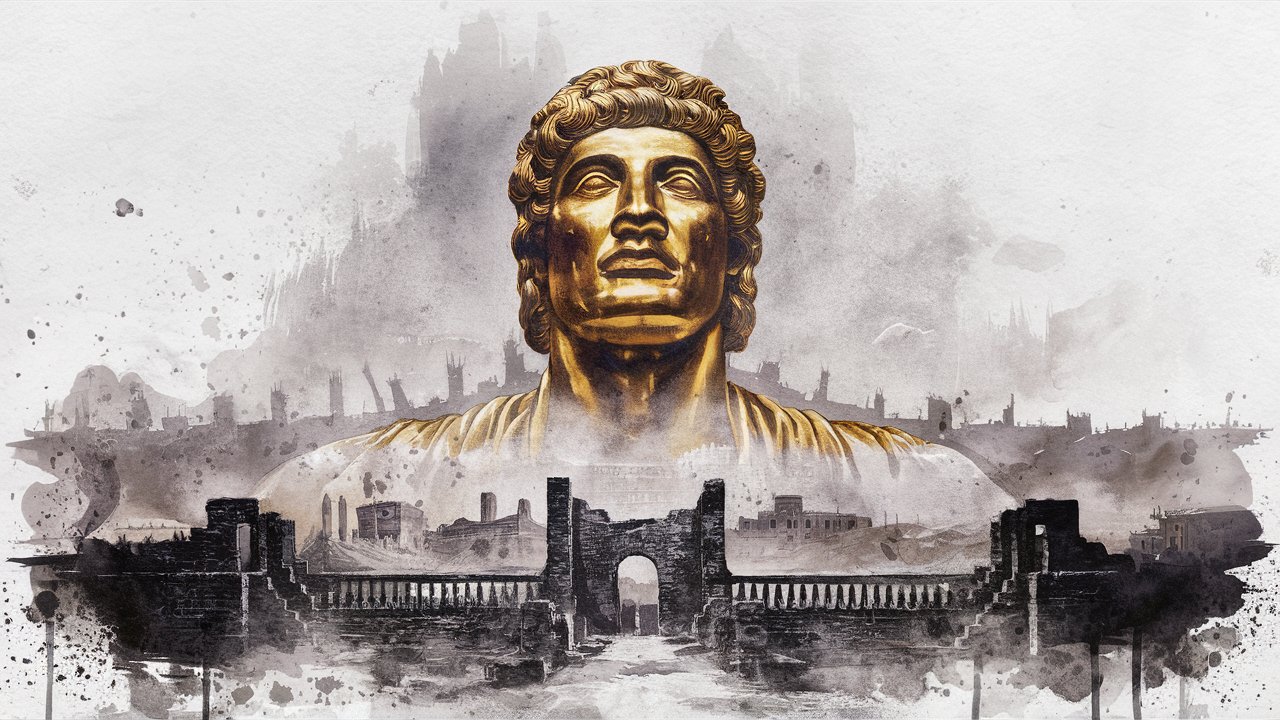In the opening chapters of the Book of Daniel, King Nebuchadnezzar stands as a haunting example of what might be called “common faith”—a faith that only turns to God when every other option has failed. It’s a type of belief that acknowledges God’s power, even praises it at times, but lacks depth, consistency, and—most of all—relationship.
Nebuchadnezzar’s encounters with God are nothing short of dramatic. In Daniel chapter 2, after Daniel interprets his troubling dream—a dream none of the king’s wise men could explain—Nebuchadnezzar falls down and honors Daniel’s God. He declares, “Truly your God is the God of gods and Lord of kings.” Yet just one chapter later, we find him building a massive golden statue of himself and demanding worship from all people, completely disregarding the God he had so recently exalted.
In chapter 3, after God miraculously saves Shadrach, Meshach, and Abednego from the fiery furnace, Nebuchadnezzar again acknowledges God’s power. He praises the God of these men and even decrees that no one should speak against Him. But again, this is not a personal surrender—it is admiration from a distance. There is no sign of genuine repentance, no movement toward a relationship with the God he publicly praises.
It is not until chapter 4, when Nebuchadnezzar is personally humbled—driven away from his throne and made to live like a wild animal—that he finally lifts his eyes to heaven and acknowledges God in a deeply personal way. This humbling was not the result of spiritual hunger but of sheer desperation. Only when there was no other option, no other source of help, did Nebuchadnezzar truly turn his eyes to God.
And yet, even this moment of revelation does not mark a lasting spiritual reformation in his kingdom. His son, Belshazzar, forgets the lessons of his father and repeats the cycle of pride, idolatry, and spiritual neglect. The pattern continues.
It’s easy to judge Nebuchadnezzar, but the truth is, we often live just like him. Even as Christians, we fall into the trap of treating God like a spare tire—only needed when life goes flat. We forget to walk with Him daily. We forget to speak with Him when things are going well. We strategize, plan, build, and worry, and only after all our efforts fail do we turn to God and ask for His help.
This kind of “common faith” is not faith at all. It’s reaction, not relationship. It recognizes God’s existence, even His power, but not His worth. It praises God in times of crisis but forgets Him in times of comfort.
God desires more from us. Not because He is needy—but because He knows we are. He doesn’t want to be just a refuge in trouble; He wants to be our joy, our guide, our first thought, not our last resort. He is a faithful provider, yes, even to a broken king like Nebuchadnezzar. But God offers us something far better than a lifeline—He offers us life itself. And it’s not found in merely needing Him. It’s found in knowing Him.
The tragedy of Nebuchadnezzar isn’t that he was wicked or even proud. It’s that he only ever came to God when there was no other choice. And that kind of faith—if it remains unchanged—leads to forgetfulness, to spiritual drift, to generations who never learn what it means to walk with God daily.
Do not fall into the same pattern. Do not treat God as a divine problem-solver to be summoned only in crisis. Pursue Him, love Him, enjoy Him—for who He is, not just for what He can do.
Because while God will meet us in our moments of desperation, He is always calling us to something greater: a relationship, not just reliance.




